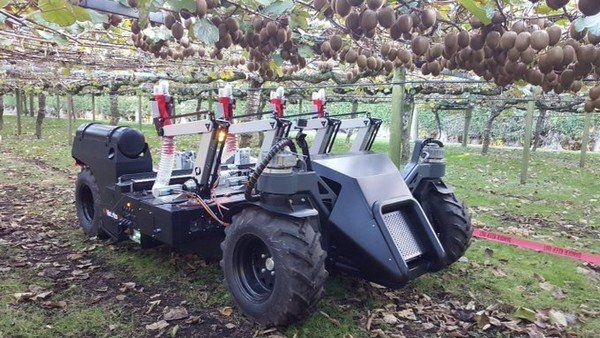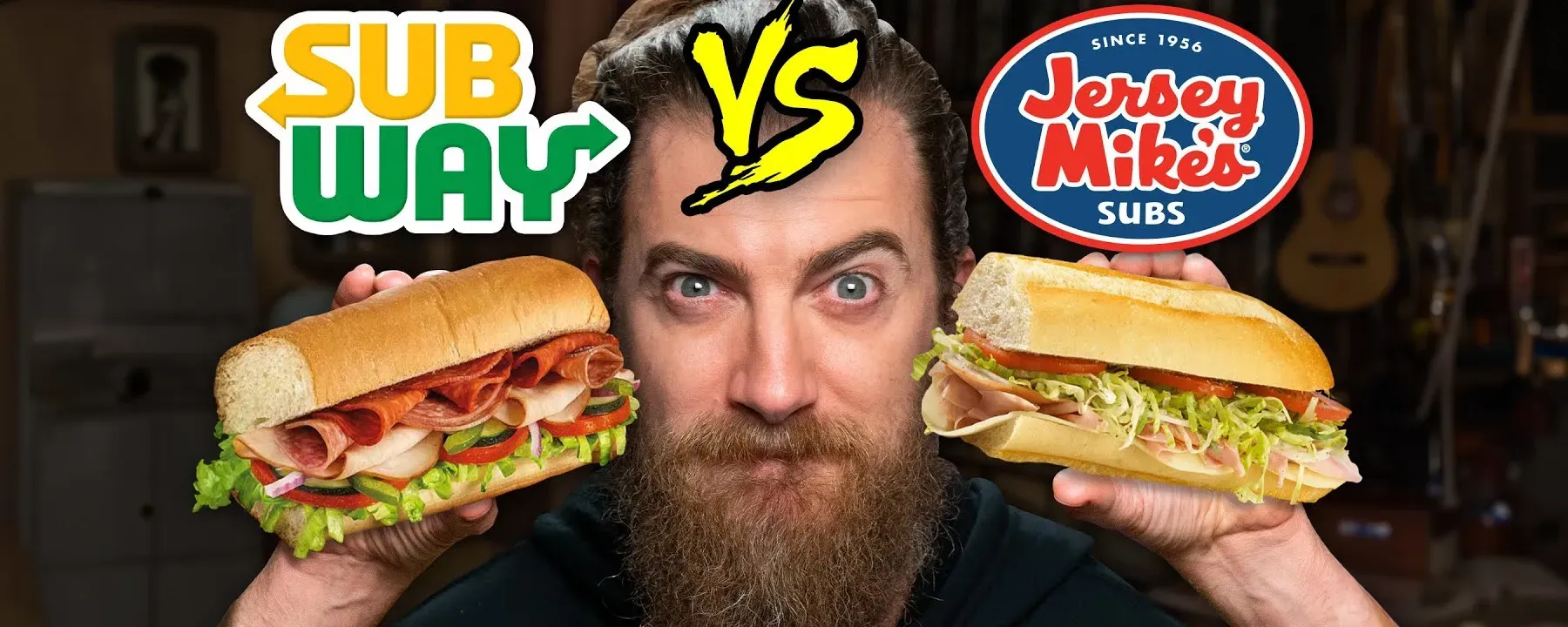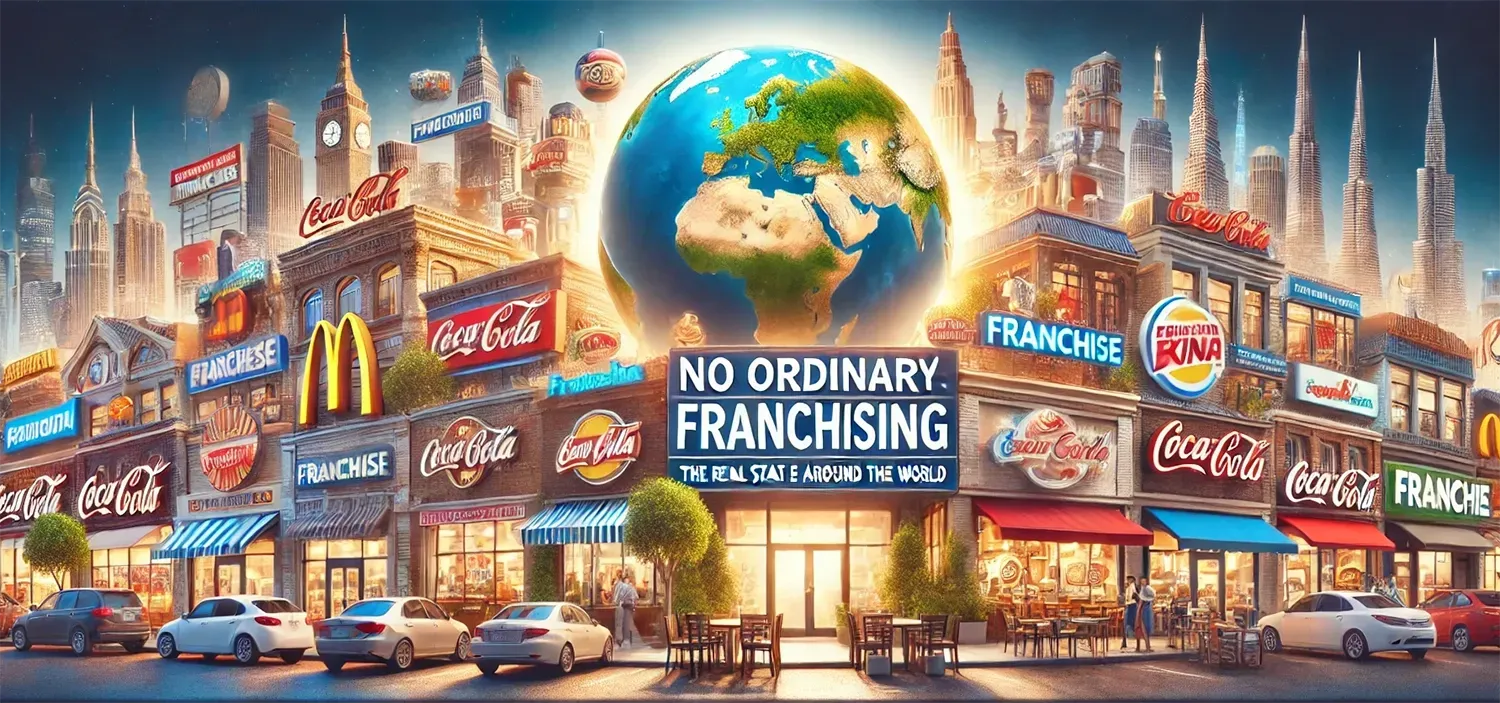by Robin La Pere
•
22 October 2024
Team New Zealand's stunning victory in the 2024 America’s Cup has become a source of inspiration far beyond the world of yacht racing. The principles that led them to success on the water can serve as powerful lessons for businesses looking to excel in 2025. Here’s what we can learn from their win to help drive success in the competitive business landscape. 1. Innovation as a Game-Changer Team New Zealand is known for pushing the boundaries of yacht design, constantly innovating to gain a competitive edge. Their 2024 victory was fueled by their cutting-edge technology, particularly in aerodynamics and hydrofoil design. In business, innovation is equally critical. Companies that embrace new technologies, from AI to automation, stand to gain the upper hand by improving efficiency and creating value in ways their competitors can't. Lesson for business: Invest in research and development and stay ahead of industry trends. Whether you're a franchisor looking to enhance operational efficiency or a startup exploring new markets, leveraging innovation is crucial to staying competitive. 2. Adaptability in the Face of Challenges In the unpredictable world of sailing, adaptability is key. Team New Zealand faced shifting winds, currents and tough competition, yet they adjusted their strategy on the fly. Similarly, businesses in 2025 will need to stay agile, responding quickly to changes in the economic environment, consumer behavior, and emerging technologies. Lesson for business: Build an organisational culture that thrives on flexibility. Encourage teams to experiment, pivot when necessary, and be open to rethinking strategies to stay resilient in dynamic markets. 3. Teamwork and Leadership While technology and innovation are important, Team New Zealand’s success also came down to their strong leadership and cohesive teamwork. Every crew member had a specific role, but it was their ability to work seamlessly as a unit that truly set them apart. The leadership team created an environment where each member could thrive and contribute to the collective goal. Lesson for business: Foster a collaborative work environment where every employee understands their role in the bigger picture. Strong leadership, clear communication, and a shared vision can align your team and ensure everyone works toward common goals. 4. Precision and Execution Yacht racing at the America’s Cup is all about precision—split-second decisions, perfect maneuvers and flawless execution. Team New Zealand's ability to execute their strategy with laser focus enabled them to edge out their competitors. Similarly, in business, having a strategy is only half the battle—success comes down to how well you can execute that strategy. Lesson for business: Prioritise operational excellence. Whether it's improving supply chain management, enhancing customer service or optimising your franchise system, ensure that execution aligns with strategic objectives for long-term success. 5. Staying Calm Under Pressure The high-stakes environment of the America’s Cup puts immense pressure on teams to perform. Team New Zealand's composure during tense moments allowed them to make smart decisions when it mattered most. In business, the pressure of deadlines, competition, and market shifts can be equally overwhelming, and maintaining focus is essential to making the right choices under stress. Lesson for business: Cultivate a culture of resilience. Train your team to handle pressure calmly and methodically. This will not only improve decision-making but also keep morale high in challenging times. 6. Working with the Best to Sail into 2025 with Confidence Team New Zealand's win was its record-breaking third in the America's Cup. New Zealand is only a small and geographically isolated nation compared to all of the other competitors in the iconic race. To me, their victory was a testament to any nation's—or business's—ability, no matter how small, to draw on the best people in their fields into their team. The Team New Zealand team was made up not only of world-class designers, boat builders and sailors, but some of the best in their fields outside the realm of yacht racing. For example, one of the team's cyclors was Hamish Bond, who was not a champion cyclist as you might expect but an Olympic gold medalist in rowing. Just as Team New Zealand's innovative, adaptable, and team-driven approach led to their triumph in the 2024 America’s Cup, businesses can draw on these same principles to navigate the complexities of 2025. I have a passion—backed by expertise and experience—for helping businesses like yours with the strategic vision, systems, people and flawless execution to win the future. Contact me to get started with a free Initial Consultation .
















